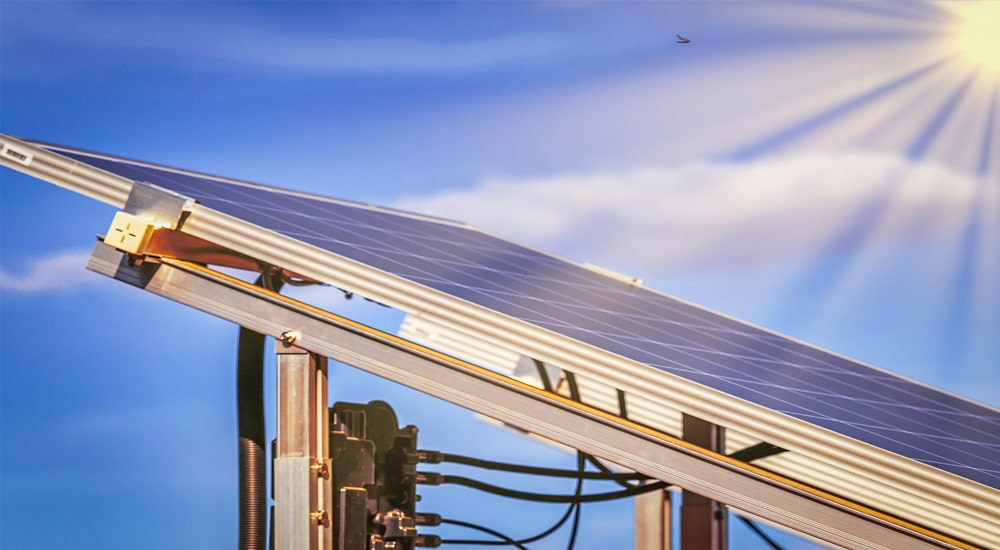
As the world increasingly moves toward renewable energy, solar water heaters have gained popularity for their ability to efficiently heat water using the sun's energy. With rising energy costs and environmental concerns, solar water heaters provide an eco-friendly and cost-effective solution for residential and commercial use. This guide explores the types, benefits, and installation tips for solar water heaters, helping you understand why they are a smart choice for sustainable living.
What is a Solar Water Heater?
A solar water heater is a system that uses solar energy to heat water, replacing the need for traditional gas or electric-powered heating methods. Solar water heaters consist of solar collectors that absorb sunlight as well as a tank for storage where heated water is stored. This system is often installed on rooftops, taking full advantage of direct sunlight.
Solar Water Heater Types
Solar water heaters come in two primary varieties:
- Active Solar Water Heaters: These systems use pumps to circulate water or antifreeze through the solar collectors, and they are generally more efficient for large households.
- Passive Solar Water Heaters: These rely on gravity or natural convection to move water through the system, making them more affordable but slightly less efficient. They are suitable for smaller homes or warm climates.
Additionally, solar water heaters can be further classified as direct circulation systems, where water is directly heated in the collector, or indirect systems, where a fluid (such as antifreeze) transfers heat to the water.
Benefits of Using a Solar Water Heater
Investing in a solar water heater offers several significant advantages:
- Cost Savings: Once installed, a solar water heater can dramatically reduce electricity or gas bills, with savings reaching up to 70% on water heating costs.
- Environmental Impact: Solar water heaters harness renewable solar energy, lowering carbon emissions and reducing your overall environmental footprint.
- Long Lifespan: Solar water heaters are built to last, often with minimal maintenance required over the years, giving homeowners a reliable system for decades.
- Energy Independence: By switching to solar energy, you become less reliant on fluctuating energy prices and supplies, gaining more control over your energy usage.
Installation Considerations for Solar Water Heaters
Installing a solar water heater requires careful planning to ensure optimal performance. Here are some key considerations:
- Location: Solar water heaters work best in regions with ample sunlight. South-facing rooftops are ideal for solar collectors in the northern hemisphere.
- Size of the System: Choose the appropriate size of the system based on household size and water consumption. Larger families may require bigger systems or additional collectors.
- Backup Heating System: Since solar water heaters rely on sunlight, having a backup heating system ensures hot water availability during cloudy days or at night.
Before installation, consult with a professional to assess your specific needs, roof capacity, and other factors that will impact system efficiency.
The Future of Solar Water Heaters
With governments offering incentives for renewable energy installations, the adoption of solar water heaters is expected to rise. This technology continues to evolve, with improvements in efficiency and affordability making solar water heaters accessible to more homes and businesses worldwide. As energy costs continue to increase, solar water heaters will play a vital role in sustainable living and energy savings.





